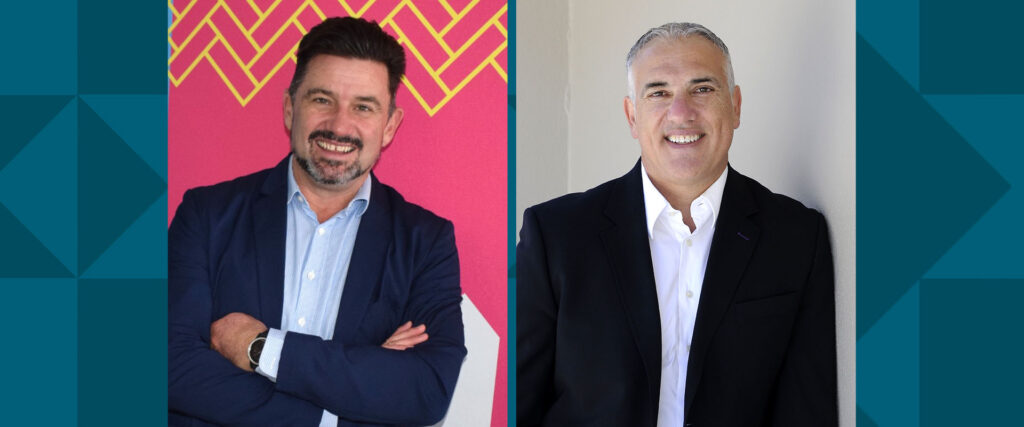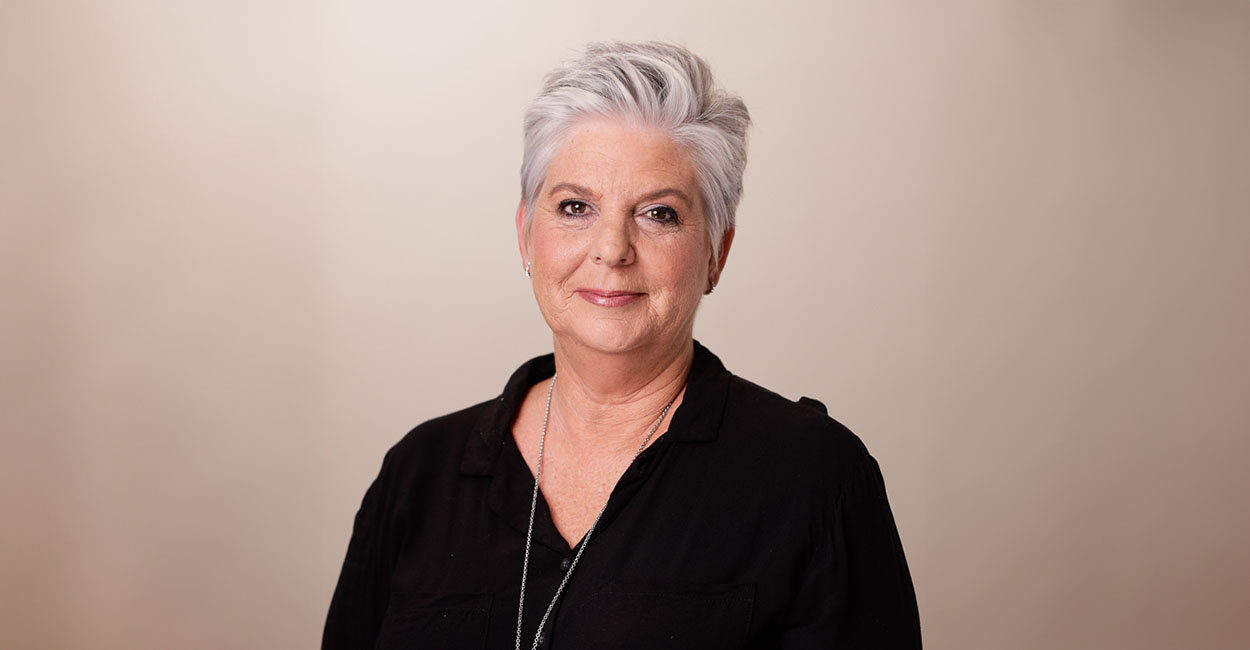MAIN IMAGE: Rhys Dyer, CEO of ooba; Samuel Seeff, Seeff Property Group Chairman
Staff writer
South African buyers seeking security and a fuss-free lifestyle are increasingly opting for brand-new homes in property developments.
Driven by demand for community living and increased security, numerous residential developments and lifestyle estates have popped up over the years and CEO of ooba Group Rhys Dyer predicts that these developments will dominate the property landscape for years to come.
Looking at why buyers would choose a freehold home in an estate compared to a freehold outside of an estate, deeds office trends show a clear shift despite the higher average house prices of estates.
Seeff Property Group Chairman, Samuel Seeff, says security and a better quality of life, especially since the onset of the pandemic, are key drivers of the shift.
“Lightstone data also demonstrates the shift. While freehold estates comprise just over 6% of all freehold housing stock, it accounted for 20% of all units and 32% of the total value transacted for freehold property in the 2021-year. This is notably up on 2020 (18% units and 4.52% value) and slightly better compared to 2019 (17% units and 31% value),” Seeff said.
Differences
Seeff says homes in an estate usually cost more compared to freehold in the neighbourhood as you are paying for the added security and amenities. Aside from monthly utilities, there is usually a levy which would include the cost of security and maintaining the estate.
“In freehold, not in an estate, you would be responsible for the security, maintenance and insurance of the entire property. In an estate, your responsibility would pertain only to your own home while the communal property would be secured, maintained, and insured by the estate as a collective, depending on the particular estate.
“In an estate you are part of a community, hence the use of the communal property, receiving of visitors and your general conduct usually need to comply with the estate rules and regulations. In freehold, you are generally free to enjoy your property and receive guests as you wish, provided you comply with bylaws and do not interfere with neighbours’ rights to enjoy their property.
“Keeping the aesthetic and integrity of the estate intact is hugely positive for property values, hence there are usually restrictions in place. In a freehold, you can paint and renovate as you like, but have little control over aspects which might impact property values such as poorly kept neighbouring houses or the neighbourhood in general,” he said.
Newly built homes in developments appeal to potential homebuyers for many reasons.
Dyer breaks these down into various options:
Buying off-plan
If you are interested in a specific new development, but the developers have not completed or begun the construction of the houses yet, one option is to buy ‘off-plan.’ Buying ‘off-plan’ means buying a property before it has been built and instead basing your decision from the developer’s vision and architect’s drawing.
This option does require a level of trust but can often work out to be much cheaper as deposits are lower than if you were buying an existing unit and bond repayments are delayed until construction is complete – giving you up to 24 months to put money aside and budget accordingly.
No transfer duty
Drive past the site of any new development and you will often see marketing banners advertising ‘No Transfer Duty.’ This is because the payment of transfer duty only applies when a property changes ownership, and this is not the case when purchasing a newly built home.
In South Africa, any existing property priced over R1 000 000 requires the payment of a transfer duty, which increases exponentially with the cost of the house. Therefore, buyers stand to save significantly when purchasing a home in a new development where transfer duty does not apply, especially if it is a multi-million-rand property.
With the transfer duty on a R3 million freehold home calculated at R146,000 and R256,000 for R4 million freehold home, exemption from these fees is a major financial benefit for prospective buyers looking to buy an upmarket home.
Less VAT
However, Dyer does caution that buying a newly built home in a development is still subject to VAT.
“You will still need to pay VAT in the absence of transfer duty as the house is registered in the name of the development company and still subject to tax,” he says. “But if you are buying a new build, you will still pay less tax than if you were buying an existing property from a VAT registered private seller. This is because a new development property is registered at the minus-VAT value as an incentive to buyers.”
Other benefits
Aside from the financial rewards, there are numerous benefits to buying in to a new built development:
- The home is a blank slate that you can furnish and fit to your personal taste and requirements.
- Less maintenance and upkeep are normally required on new houses.
- Newly built homes are constructed with energy efficiency in mind, often incorporating green technology.
- Security measures such as access control, biometric access, perimeter fences and CCTV.
- Community living.
More developments
“We’ve noticed a huge uptick of new developments popping up across the country that cater for a range of buyer needs, including family-friendly estates, coastal developments and lifestyle estates,” says Dyer.
Dyer’s final piece of advice is to ‘shop around’ for a bond. “Choosing to purchase a home in a new development is a savvy financial decision, but you should still maximise your savings by using a bond originator such as ooba Group to secure the best possible interest rate and home loan.”
Seeff also emphasised that housing estates are governed by the CSOS Act (Community Schemes Ombud Service Act). There is usually a Homeowners Association, which is a body of owners who looks after the day-to-day management, compliance and legal matters, insurance, and finances, often with the assistance of estate managers.








